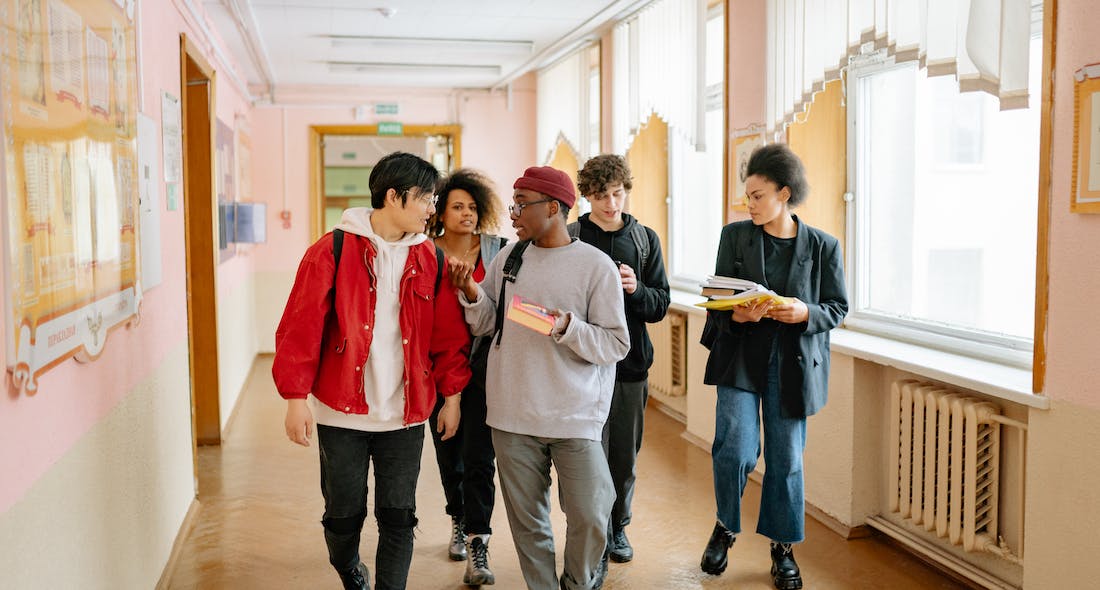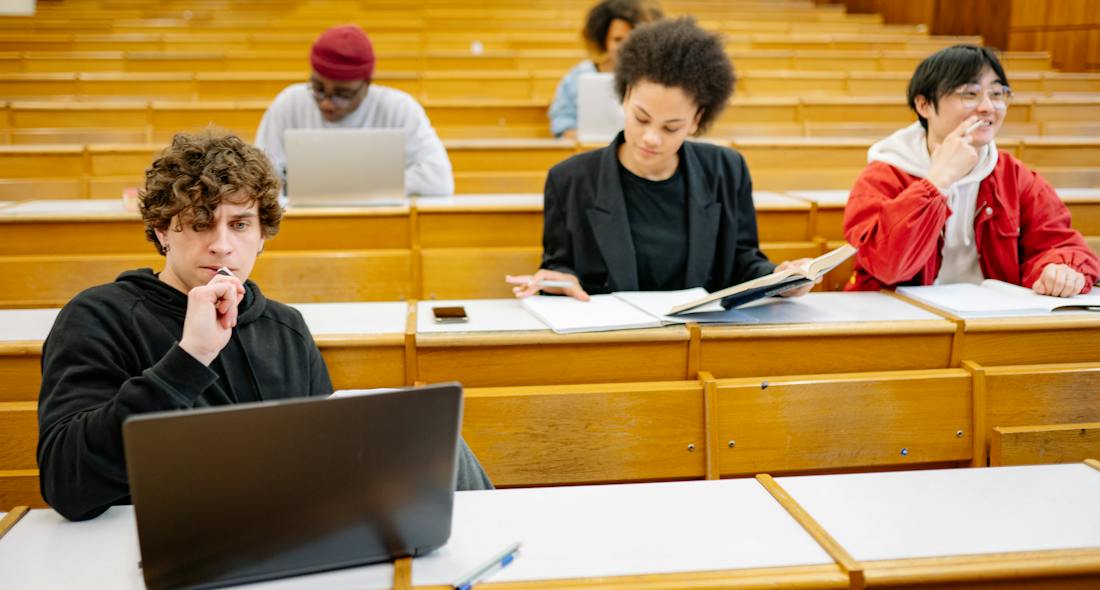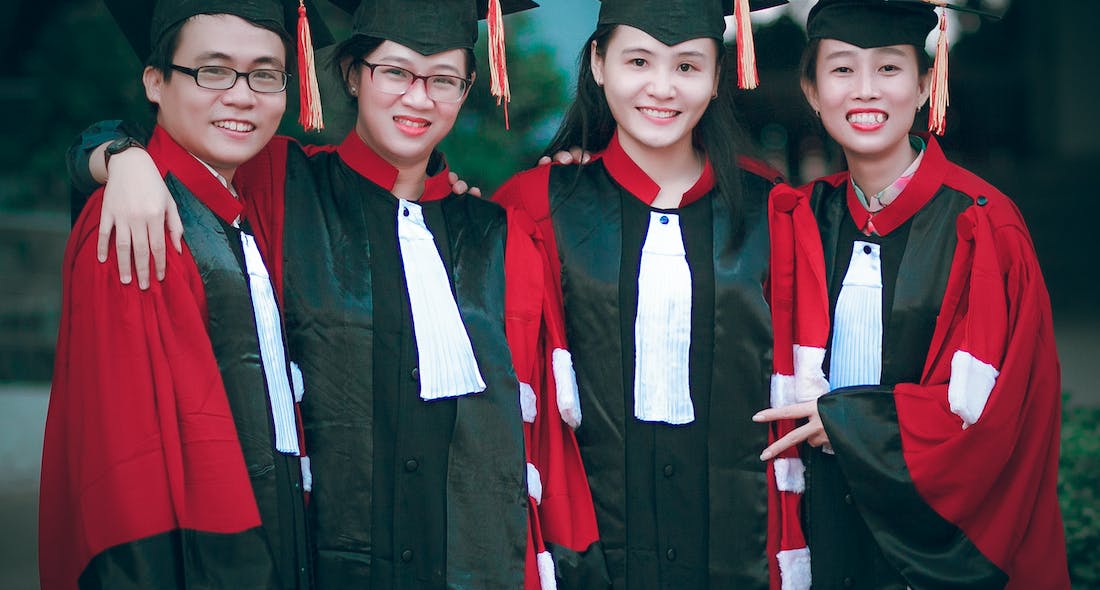Arts & Humanities
The Humanities are an expansive set of academic disciplines dedicated to exploring and understanding human experiences and expressions in this world. At the core of Humanities is the study of our shared human condition – how we communicate, develop ideas, understand society, and interact with each other. This field delves deep into the intricacies of speech, the evolution of knowledge, societal functions, behavioral patterns, historical events, and the rich tapestry of human relationships.
In the realm of Humanities, students encounter a wide array of subdisciplines, each offering a unique lens through which to view the human experience. These include Anthropology, Languages, Psychology, Sociology, Literature, Cultural Studies, Ethics, and Philosophy, both modern and ancient. These disciplines serve as gateways to understanding the diverse modes of expression and thought that have shaped our understanding of the world and our place within it.
For those intrigued by the complexities of human nature and eager to comprehend our historical roots, societal behaviors, and future trajectories, a degree in Humanities offers a rich and fulfilling academic journey. The curriculum in Humanities is as diverse as the field itself, tailored to the specific subdiscipline or specialization chosen. Students might engage with subjects such as Historical Studies, Traditional Logic, Introduction to Philosophy, Culture and Identities, Creative Writing, Critical Thinking, Politics, Religion, Meaning and Value, and Creative Research.
Humanities education is not just about acquiring knowledge; it’s about cultivating a mindset. In these courses, students are encouraged to unleash their creativity, explore diverse ideas, formulate theories, conduct analyses, and draw insightful conclusions. This process hones exceptional critical thinking skills, fostering a mindset that is unafraid to question, research, and discern truth from fiction or propaganda.
Graduates of Humanities are well-equipped for a variety of careers, including roles as teachers, counselors, technical writers, editors, genealogists, and linguists. The skills developed in a Humanities program – critical and creative thinking, individual research, and exceptional writing abilities – are highly valued in many professional fields.












